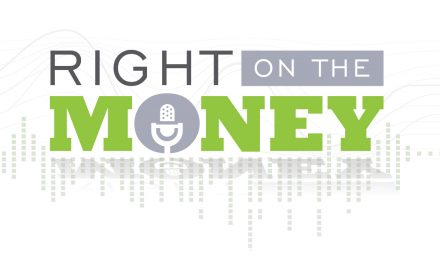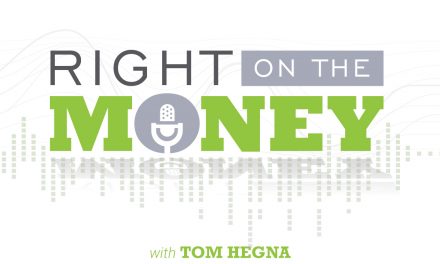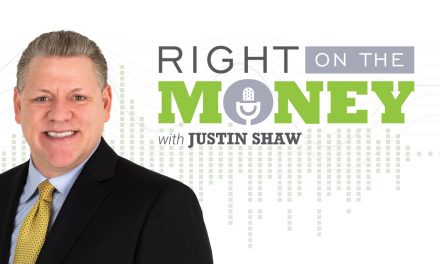Most Seniors Need a Track to Run On In Retirement
Most people take the time to plan for their 30-day vacation, but don’t take the time to plan for their 30-year retirement. These are baby boomers raised on traditional educational topics like reading, writing and arithmetic, but not much education on budgeting, credit management and retirement planning. Even today, the children of the millennial generation learn under Common Core, but no common curriculum on budgeting, credit cards and retirement. Until financial education is part of the educational process, the seniors of today—and in the future—will need a basic track to run on in retirement.
It seems like every social event that involves baby boomers involves little talk of retirement and more conversations about their parents’ elder care and children’s college education. If you don’t have a retirement strategy, consider the talking points of this basic seven-step road map of retirement.
This Retirement Strategy: You should interview several financial advisors to help you with your retirement planning because retirement is not a do-it-yourself activity. But if you find yourself unwilling to move forward with the assistance of a professional, at least review the following points.
The preamble to a retirement strategy is establishing you and your spouse’s retirement ages. In general terms, most retirees consider retirement age to be age 62 at the earliest. Another preamble point of interest is to establish an age of death for both you and your spouse, based on a life expectancy test. Now you have designed the timeline of you retirement.
Consider a Hybrid Retirement Consider working until age 70 to maximize your Social Security benefits and allow your retirement funds to accumulate until the required minimum distribution regulations force you into a withdrawal.
Maximize Social Security: Monthly Social Security income starts at age 70. The highest earning breadwinner should delay until then, not only for their own benefit, but also for the benefit of their spouse when the breadwinner dies.
Secure Guaranteed Income: There are some options to secure guaranteed income in retirement:
− Social Security benefits.
− A reverse mortgage, providing it’s suitable for your situation.
− A guaranteed lifetime income annuity.
− If you have the option to work for a company that offers a defined benefit plan, you may want to consider it. Pensions are few and far between in today’s employment benefits, but they’re out there.
Protect Savings from Inflation: There are a couple of options to consider as a solution to future inflation.
− Buy a cost of living rider offered with guaranteed lifetime income annuities.
− After taking a risk-tolerance test to determine your market risk profile, purchase equities accordingly.
− Buy daily living supplies in bulk when they’re on sale.
Plan for Elder Care: You can apply for a long-term care insurance policy if you’re healthy enough. If the price tag is too much, consider life insurance and/or annuity policies that offer long-term care riders. The benefits are not as liberal as a stand-alone long-term care policy, but it’s better than nothing at all. If you’re age 62 or older and you own your home, you may consider an appreciating HECM equity line of credit you can tap for assisted home living expenses.
Use Home Equity Wisely: The government has provided the Home Equity Conversion Mortgage Program for seniors age 62+. It has three basic options: an appreciating line of credit, the leverage of purchasing a home and generating an income via a reverse mortgage.
Watch the interview on the seven simple steps to retirement success with Tom Hegna, popular platform speaker, retirement specialist and best-selling author with two retirement books entitled Don’t Worry, Retire Happy and Paychecks and Playchecks. Tom has also hosted the PBS Special, “Don’t Worry, Retire Happy.”
Nationally syndicated financial columnist Steve Savant interviews Tom Hegna, popular platform speaker, retirement expert and best selling author. Tom has two retirement books entitled Don’t Worry Retire Happy and Paychecks and Playchecks. Tom has also hosted the PBS Special, Don’t Worry Retire Happy.




